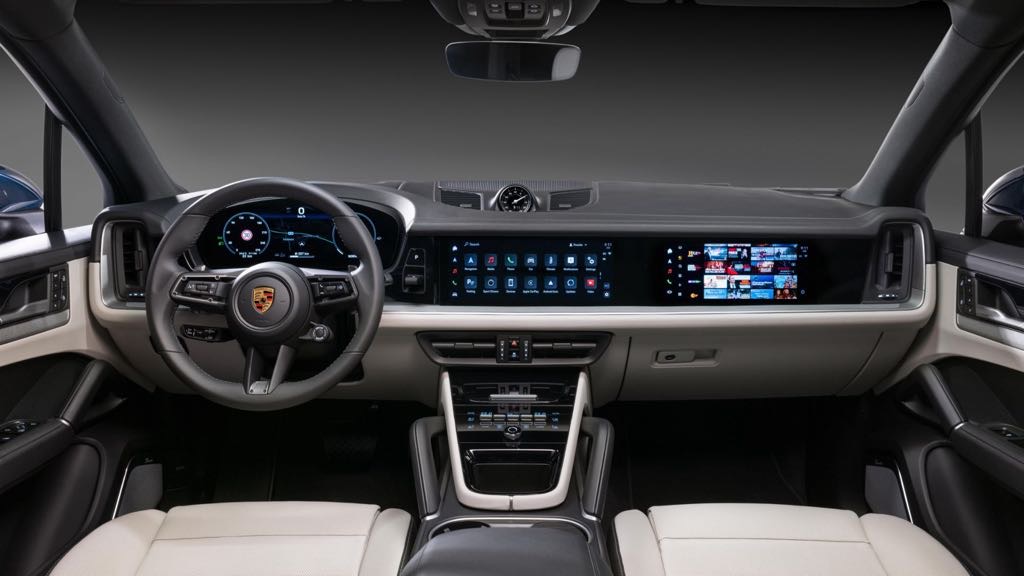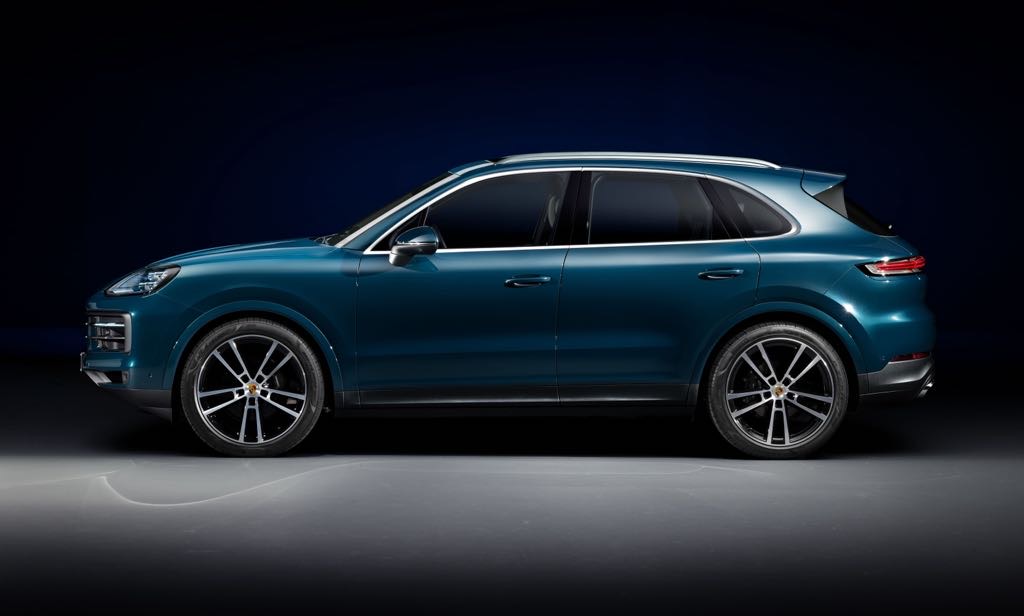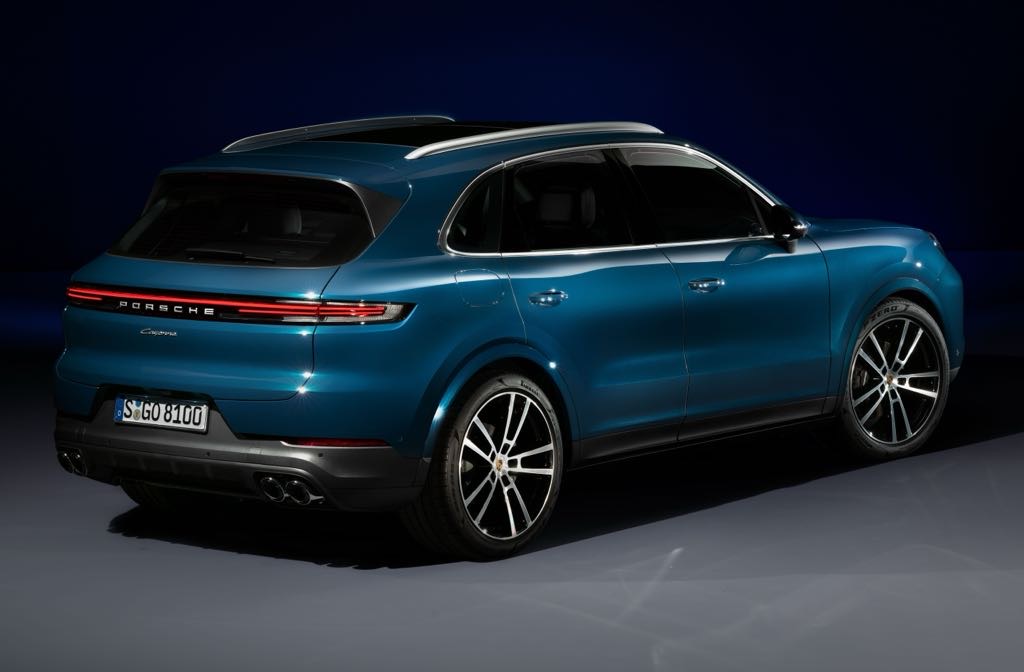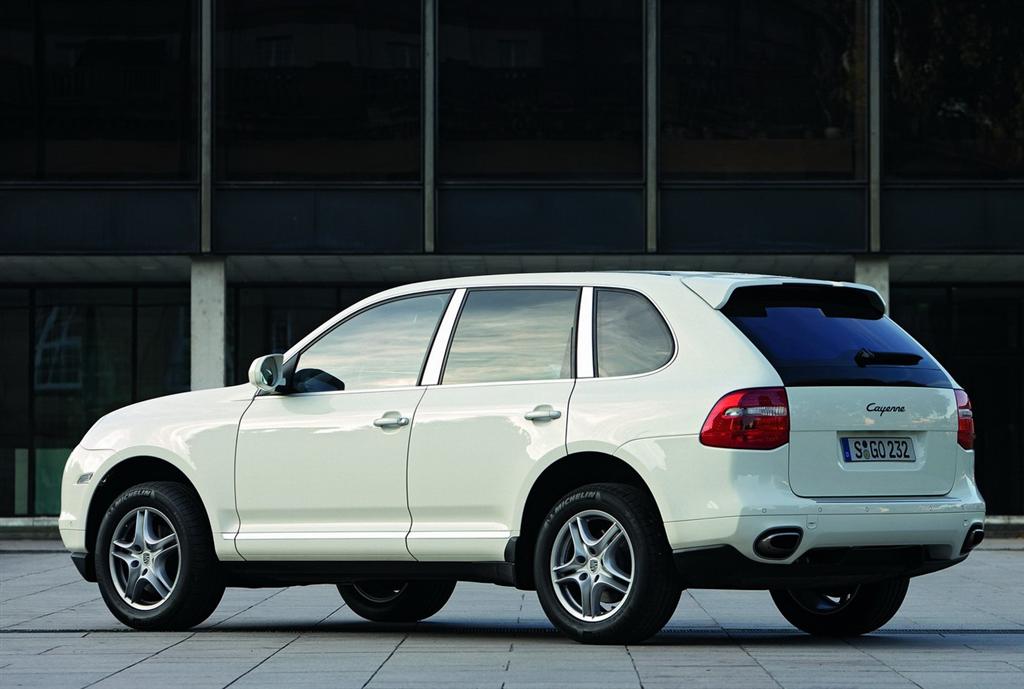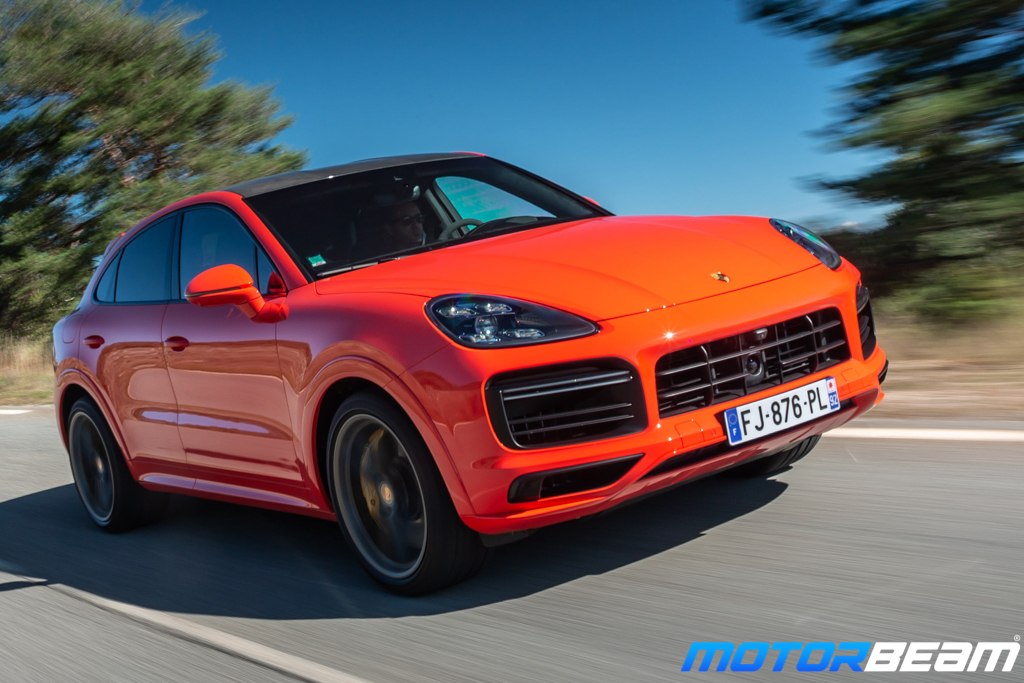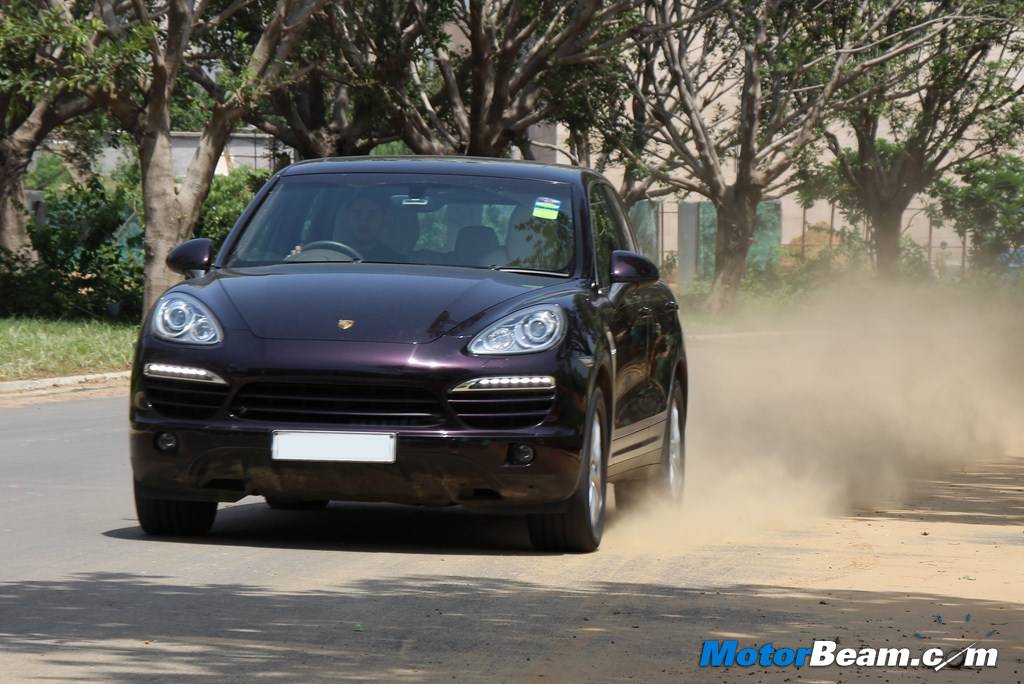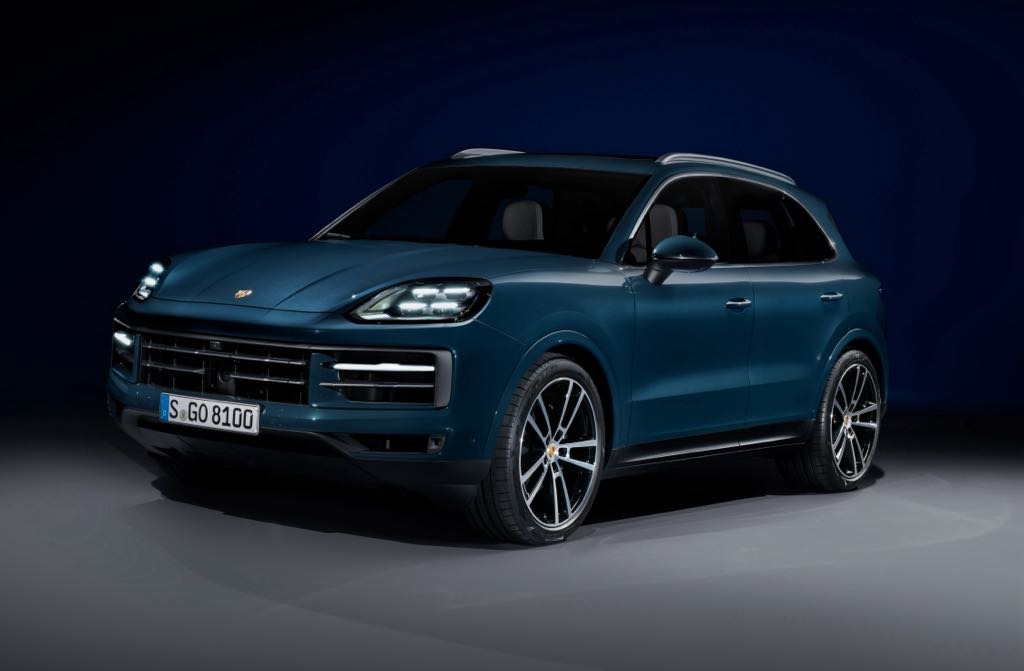
Porsche to continue selling Cayenne with ICE engine, to get electric variant soon
Porsche has announced that it will continue to offer its flagship SUV Cayenne with combustion and hybrid powertrains beyond 2030. This decision ensures that the Cayenne, Porsche’s best-selling model, will enter the next decade with a diverse range of power options, including an all-electric variant set to launch next year.
The German automaker confirmed plans to further develop and enhance the current third-generation Cayenne, which recently received significant updates. These enhancements will focus on optimising the efficiency of the SUV’s 4.0-litre V8 engine, currently available in the 468 BHP Cayenne S and the 650 BHP Cayenne GT. Porsche also revealed that a more efficient Turbo S E-Hybrid PHEV version of the V8 engine is in the works, although no specific release date has been provided.
Porsche stated, “Extensive technical measures will ensure that the twin-turbo engine is ready to comply with future legislative requirements.” However, the company did not confirm whether similar upgrades would be made to the current generation’s 3.0-litre V6 engine, which is available in a 351 BHP pure petrol version and a 464 BHP plug-in hybrid variant.
The continuation of combustion and hybrid models will depend on market-specific regulations. For instance, the UK plans to ban the sale of new pure petrol and pure diesel cars starting in 2030.
Porsche CEO Oliver Blume emphasised the brand’s commitment to offering a variety of powertrain options: “The Cayenne has always defined the sports car in its segment. In the middle of the decade, the fourth generation will set standards in the segment as an electric SUV. At the same time, into the next decade our customers will still be able to choose from a wide range of powerful and efficient combustion and hybrid models.”
This announcement follows Porsche’s recent adjustment of its electric vehicle (EV) sales target, reducing its goal to 80% of total sales by 2030 due to a decline in consumer demand for EVs. This trend was reflected in European EV sales, which grew by just 2% in the first half of 2024 compared to 28% in the previous year. Similar sentiments have been expressed by other major automakers including Audi, Mercedes-Benz, Renault and Stellantis.
The decision to extend the life of the combustion Cayenne is likely influenced by concerns over a potential drop in sales if the electric version does not meet customer expectations. In 2023, Porsche sold 87,553 units of the Cayenne, closely followed by the Macan with 87,355 units.
Regarding the future of the Macan, Porsche has already confirmed that its smaller SUV will transition to an all-electric model in 2025. The electric Macan, launched last week with a starting price of £67,200, boasts a range of 640 km.
Porsche’s strategic move reflects a cautious approach to the evolving automotive market, balancing the advancement of electric mobility with the continued demand for combustion and hybrid vehicles.
